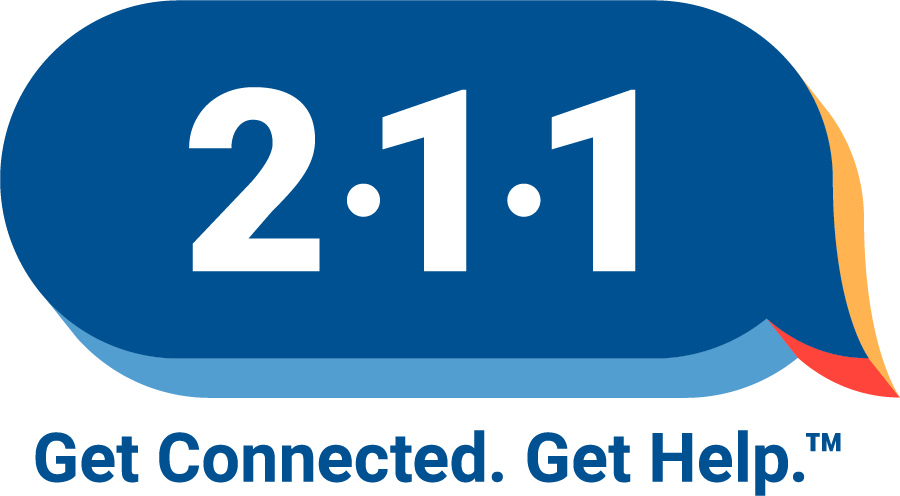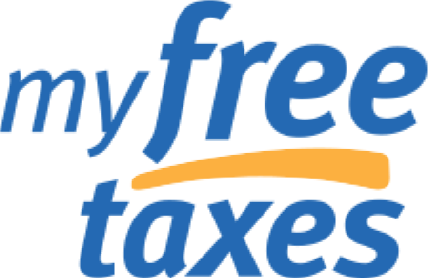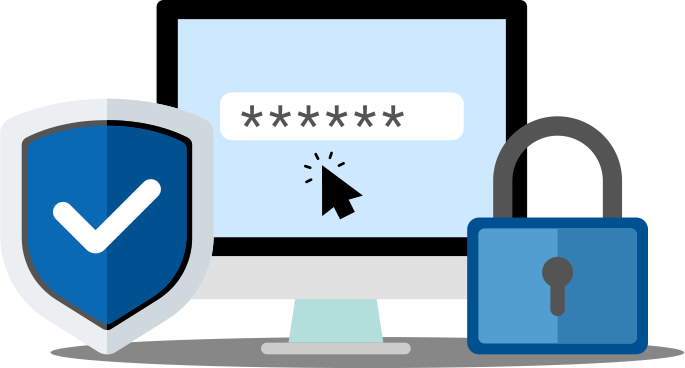The Illegal IRS Data-Sharing Agreement: What You Should Know

Read time: 4 minutes
United Ways of California is committed to protecting the privacy of all community members. We do not share client data, and we ensure that all data we have is protected and safe. We are deeply concerned about how proposed federal agreements could impact all Californians and stand with those across the nation who oppose IRS data sharing. We also stand in kinship and solidarity with our immigrant neighbors; you can read more about United Ways of California’s commitment to protecting immigrant communities here.
According to press reports, as of April 8, the Department of Homeland Security (DHS) and the Internal Revenue Service (IRS) have finalized an agreement for DHS to access information about taxpayers who file their returns using an Individual Taxpayer Identification Number (ITIN). This agreement would establish a dangerous precedent, giving Homeland Security—including federal immigration agents—access to taxpayers’ data.
This purported agreement violates current law protecting taxpayer information. United Ways of California acknowledges that all taxpayers have a right to expect that their data will remain private, and so we oppose this illegal data exposure and stand in solidarity with community organizations across the nation taking action to combat it.
Below is more information about why this matters, how community members can protect themselves, and how community organizations and concerned individuals can take action and support their communities.
Why Does the Data Exposure Matter?
- Illegal data sharing hurts everyone. The latest data-sharing agreement with IRS and Homeland Security would set a dangerous precedent that would put all taxpayers’ data at risk. The government sharing taxpayer data across departments would mean that no one’s privacy would be truly secure.
- The current agreement violates the law. All taxpayers have a right to privacy, protected under the law. It’s important that we continue to uphold laws that protect taxpayer information. Everyone, including ITIN holders, deserves to have their data protected.
What Can I Do to Protect Myself?
If you are a community member who is concerned about the privacy of your tax data, here are some things you can do:
- Know your rights. Take the opportunity to learn what your rights are and keep information about your rights with you for easy reference.
- Protect your data. If you are thinking about applying for an ITIN or filing your taxes and feel uncomfortable sharing your address, you can use a P.O. Box or a temporary address. Email and phone numbers are optional—you are not required to include them on your tax return.
- Voice your concerns. Your voice is important! Share your concerns with your elected officials by filling out this easy-to-use form. Our voices are stronger together.
- Stay informed. Stay up to date with the latest information at MyFreeTaxes.org.
What Can I Do to Support My Community?
If you’re an organization, community group, or concerned individual looking for ways to support your community right now, here are a few ideas:
- Voice your concerns, and get your community involved. Our voices are stronger together. Encourage your connections, volunteers, community members, and staff to voice their concerns to their elected officials. We’ve made it easy for you and your network to share your concerns with your elected officials by filling out this simple form.
- Ensure your staff, partners, and clients know their rights. Provide “Know Your Rights” trainings and other important resources to staff, volunteers, and community members. Know what to do if you encounter ICE or witness someone being questioned or detained. Partner with or learn from a local immigration legal rights organization to support you in this.
- Have an organization-wide plan. Companies, organizations, and community groups can ensure that all staff and volunteers are prepared for any potential interactions with ICE. Come together as an organization to decide on a protocol around if and/or how you are willing to help a community member if their data is breached (examples of ways you might support them include connecting them with legal resources, providing interim support to their family, etc.).
- Support community members in understanding tax filing benefits, risks, and information sharing options. If you work with community members who don’t want to share their address to file tax returns, help them understand their options: they can use a P.O. Box or alternative mailing address when filing their return, and email and phone numbers are optional, not required. If you provide ITIN application support, go through the pros and cons of an ITIN and let the community member decide for themselves if it is worth the risk. It is important for each filer to carefully assess the potential benefits and risks of filing with an ITIN and to consult with an immigration attorney for personalized guidance.



